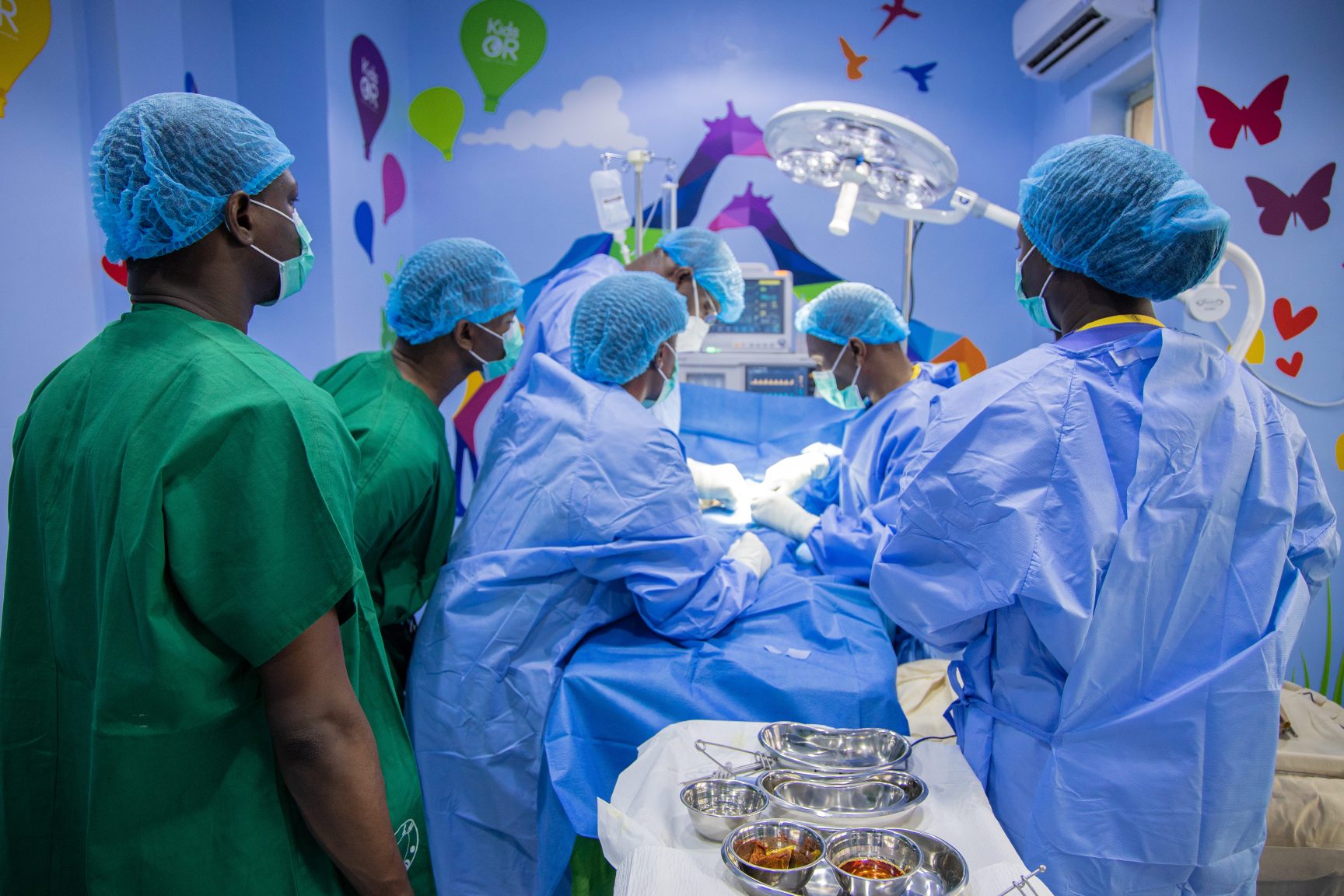
Global health Non Governmental Organisations, Smile Train and Kids Operating Room (KidsOR), announced an ambitious plan to reduce the cost and carbon footprint of surgery, while increasing quality and patient safety, across low- and middle-income countries, starting in Africa.
After a successful four-month solar panel pilot program at a mock operating room in Dundee, Scotland, where KidsOR is based, the two organizations are moving forward to provide sustainable, reliable power to operating rooms in parts of Africa where the main power grid is unstable and power outages are common.
Chief Executive Officer, of Smile Train, Susannah Schaefer said the initiative aims to give consistent and reliable power to medical professionals in the operating room that will enhance patient care and safety while protecting much-needed medical equipment that can be damaged when there’s a voltage irregularity with the main power grid
“We work closely with the team at KidsOR on hospital infrastructure projects and we asked them if they could develop a solution to this significant, multifaceted problem,” she added
Power cuts in African hospitals can severely impact patient care with many hospitals suffering from hundreds of hours of power outages each month. In some cases, these power cuts last for days. Meanwhile, when they’re working at full capacity, operating rooms are a significant source of greenhouse gas production for hospitals.
To help tackle this dual challenge, Smile Train and KidsOR will begin implementing stand-alone solar battery support systems in pediatric operating rooms in Africa in 2023, with the first hospitals being identified now. Solar panels will be mounted on the roof of a facility, which will charge a battery unit capable of powering medical equipment in an operating room continually during daylight and for a further six hours after sunset.
Picking up the challenge to develop a surgery-specific power system, Chairman, KidsOR, Garreth Wood, responded: “Our team are experts at working in remote and challenging environments and we approached this with a view that we had to provide seamless power supply to the operating rooms of even the most remote hospitals.
“Our solution is a combination of solar systems with some new developments, some of which are so unique that we 3D print them for each project. We can now deploy a power unit that removes reliance on the national grid, requires no diesel generator back-up, reduces the carbon footprint of each operation, increases patient safety and integrates high-tech activities like anaesthetic gas scavenging to even the world’s most remote hospital.
The non-profits said their shared model is to strengthen the local healthcare system and give the local doctors the tools and skills needed to care for their own population.
Garreth continued: “This unique solar surgery system makes the best possible care available to the most vulnerable and remote child. While improving health today, this partnership will also make sure we aren’t contributing to the climate change burdens of tomorrow.
Smile Train and KidsOR work together in countries around the world to increase the capacity for safe pediatric surgery, including lifesaving cleft lip and palate surgeries.



